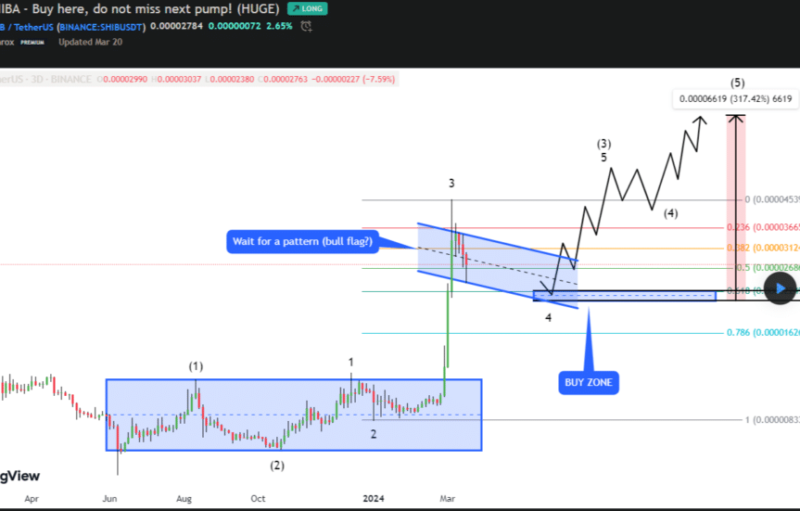
PayPal, the leader in online wallet payments, has filed a suit against the US Consumer Financial Protection Bureau (CFPB) over new rules requiring overly strict and constraining reporting for its digital wallets.
Complaints of Unnecessary Reporting
The CFPB has announced a campaign to regulate so-called prepaid cards, to avoid money laundering. In the lawsuit, filed with the United States District Court for the District of Columbia, PayPal claims the rules for prepaid cards have been incorrectly applied to digital wallets, which run on an entirely different principle.
The rules for prepaid cards were updated in April 2019, and ran under the “Prepaid Accounts Under the Electronic Fund Transfer Act (Regulation E). However, PayPal claims the rules should not apply to digital wallets, which transact in an entirely different way and the regulation will lead to cumbersome reporting and unnecessary limitations for users.
The resulting regulatory regime is fundamentally ill-suited to PayPal digital wallets and is likely to mislead or confuse consumers…The rule mandates PayPal make disclosures concerning fees that PayPal does not charge and misrepresent the actual fees paid by most customers.
Digital wallets allow users to link their bank accounts and cards, and use them in a faster way in a web environment. But PayPal accounts also allow for the storing of additional funds, which, according to the CFPB, creates a case similar to prepaid cards. PayPal also complained that the reporting required by regulators was incomplete and confused users.
PayPal Stays Away from Links to Crypto Space
At this point, it is uncertain if the lawsuit would have repercussions for actual digital wallets related to crypto coins and tokens. So far, those wallets are not used in the transfer of money as classically understood. But crypto firms offering cards may also see their activities monitored more closely, or restricted.
Prepaid cards offer an opportunity to store a relatively limited amount of funds, thus potentially partially bypassing money-laundering laws. PayPal can be used in a similar way, though there are restrictive limitations for the funds sent.
As fintech expands, reporting rules are becoming more complicated, restricting the usage of funds through digital wallets. At this point, PayPal also faces competition from other payment platforms like Robinhood, as well as Abra, which combines fintech solutions with access to crypto assets.
PayPal has so far stayed away from relations to crypto assets, and has banned usage to send funds to exchanges. The payment firm also withdrew from Facebook’s Libra Association, fearing additional regulatory repercussions.
What do you think about the PayPal lawsuit for specific digital wallet reporting? Share your thoughts in the comments section below!
Images via Shutterstock
The Rundown
The post appeared first on Bitcoinist






